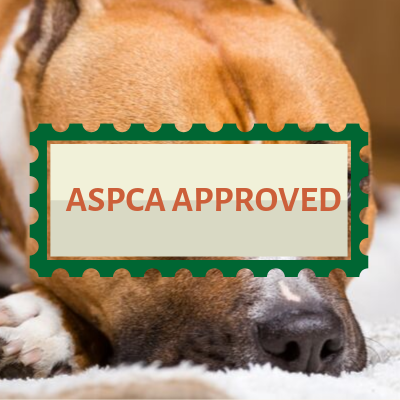Dogs! People love dogs, and it cannot be denied. Someone coined the phrase ‘man’s best friend,’ and it has been exclusively attributed to the fuzzy canine companion ever since. Funny cat compilations may be a dedicated slice of the YouTube community, but buddy cop comedies with talking dogs are a staple of culture. With the proud puppy parents applying every which way to live in available spaces, it begs the question. Is every dog okay?
In Offense of Breeds
In 2000, the Center for Disease Control (CDC) released a study showing the number of fatal dog attacks separated by breed. Pit bulls were in the lead with 66 total of bite related deaths, followed by rottweilers with 39 (quite the jump). However, the CDC stressed that these numbers were likely skewed, as “owners of certain dog breeds may be less likely … to register or license their dogs.”
In the same report, the CDC denounced attempts at breed-specific legislation. Just two pages below, they reported:
Breed-specific legislation does not address the fact that a dog of any breed can become dangerous when bred or trained to be aggressive. From a scientific point of view, we are unaware of any formal evaluation of the effectiveness of breed-specific legislation in preventing fatal or nonfatal dog bites. An alternative to breed-specific legislation is to regulate individual dogs and owners on the basis of their behavior
Center for Disease Control
In Defense of Breeds
According to the ASPCA, pit bulls are “noted for their gentleness, affection and loyalty.” They may have been initially bred for hunting, fighting, and other violent behavior. Now, however, a vast majority of dogs tend to have been produced in a mish-mash of random encounters that don’t encourage that behavior. The ASPCA also notes that they don’t tend to be people aggressive. When dogs are used for violence, they still need to be people-friendly in order to listen to their owners and do what they say.
For the most part, dogs tend to be more of a reflection of their owners than they are reflections of their breeds as a whole. With a responsible and caring pet parent, most pups can be happy and friendly.
Steps to Take
As a landlord, you should conduct your own research in what
is right for your personal property. Many places in the United States have
taken to banning specific breeds, and it could hold true for your area. Consult
a lawyer about the right steps to take in your city when it comes to tenants
with controversial dog breeds.

As a landlord, you should conduct your own research in what
is right for your personal property, but we can help you with some extra pet guidance for rental properties. Many places in the United States have
taken to banning specific breeds, and it could hold true for your area. Consult
a lawyer about the right steps to take in your city when it comes to tenants
with controversial dog breeds.
If you decide that restricting breeds is the right step for your property, you can move forward in that direction. You may want to consider grandfathering in any current tenants with those breeds and consult your lawyer on how to handle that situation. If dog breed legislation isn’t the right step for your property, that’s okay, too. Continue forward with your regular pet guidance for your tenants.
Where do you stand on dog breed restrictions?
Let us know in the comments!









2 Replies to “Banning Man’s Best Friend: How to Handle Dog Breed Problems”
I don’t agree with breed restrictions on a human’s dogs for the same reason I don’t agree with race restrictions on humans.
You’re attacking something based largely on appearance-based characteristics that have far, far less to do with behavior than individual circumstance and even genetic variation between individuals. As the CDC notes, the statistics on aggression by breed are influenced significantly by external factors, this is the same caveat on crime statistics by ethnic background amongst humans. And in both cases discrimination based on those statistics creates a positive feedback loop; for example, the more places that adopt breed restrictions, the more likely those breeds of dogs are to end up abandoned or adopted into bad situations, the more likely those dogs are to end up out on the street or abused, which leads to more attacks, which reinforces those statistics.
Historically, the way a society treats its animals is a reflection of how it treats its people.
Thank you for commenting! As a pet owner, I personally agree that breed restrictions should be abolished and see how these types of restrictions can lead down a slippery slope. I know many large rental properties enforce breed restrictions, and I wonder if any other landlords follow suit.